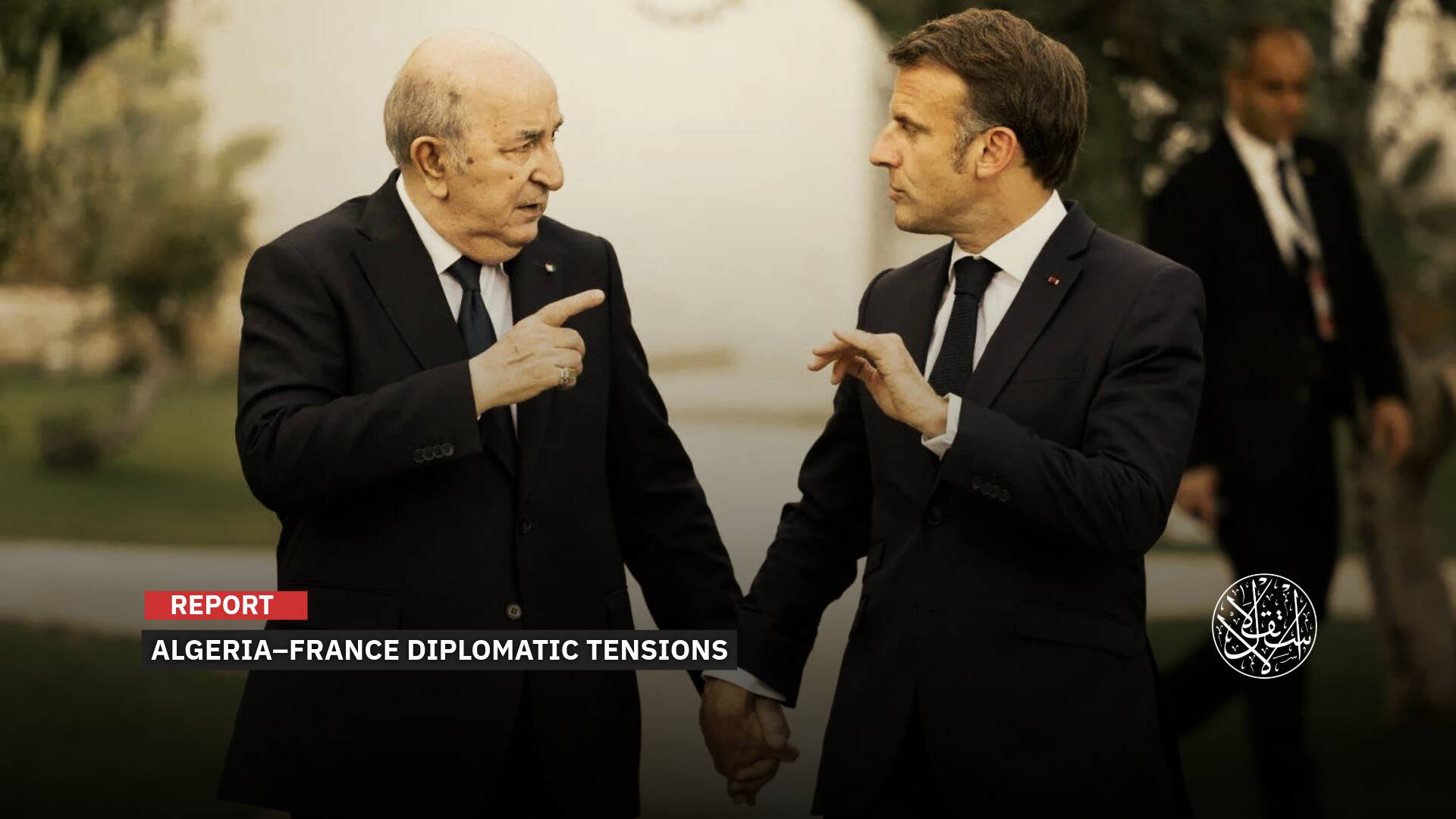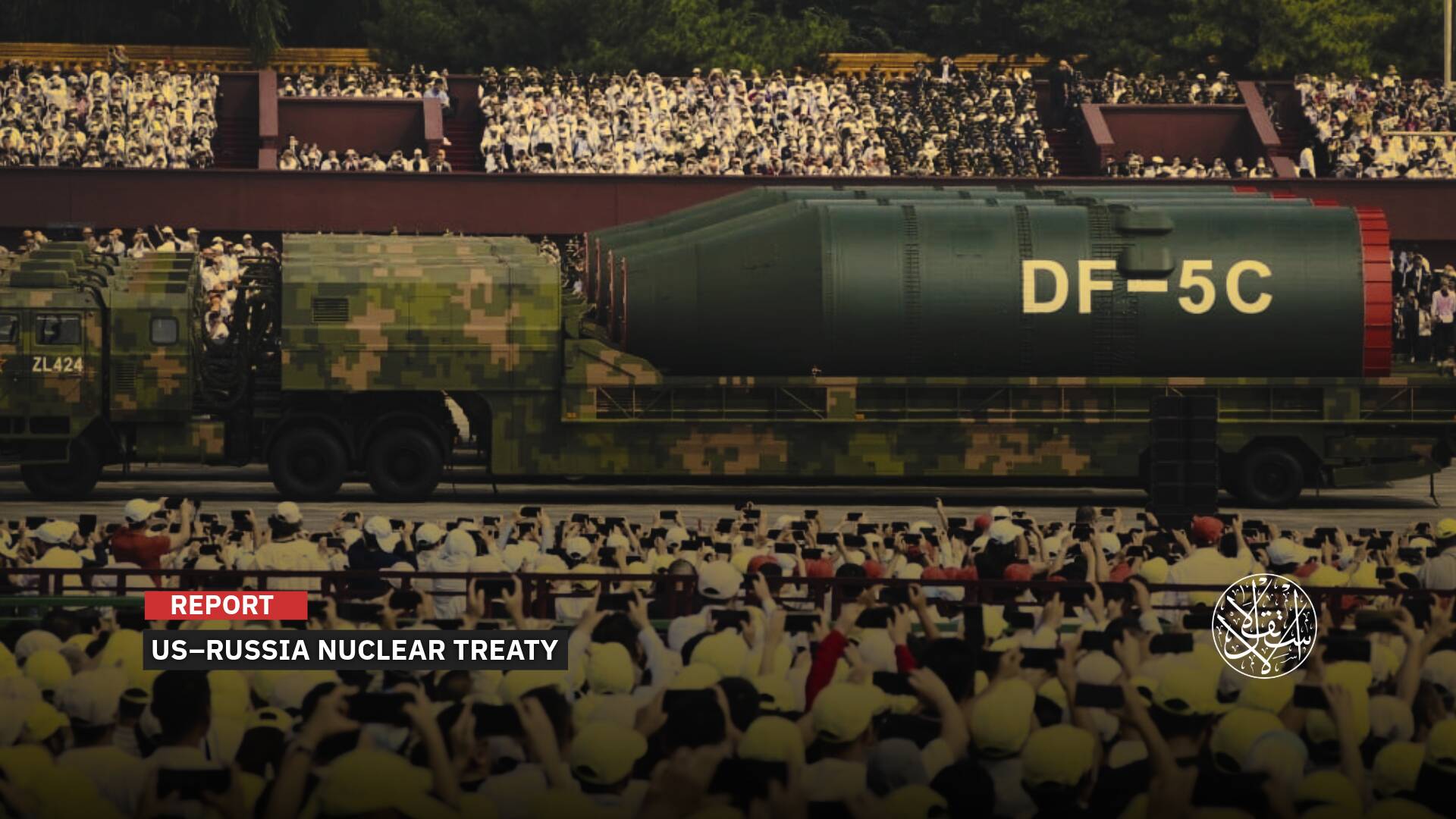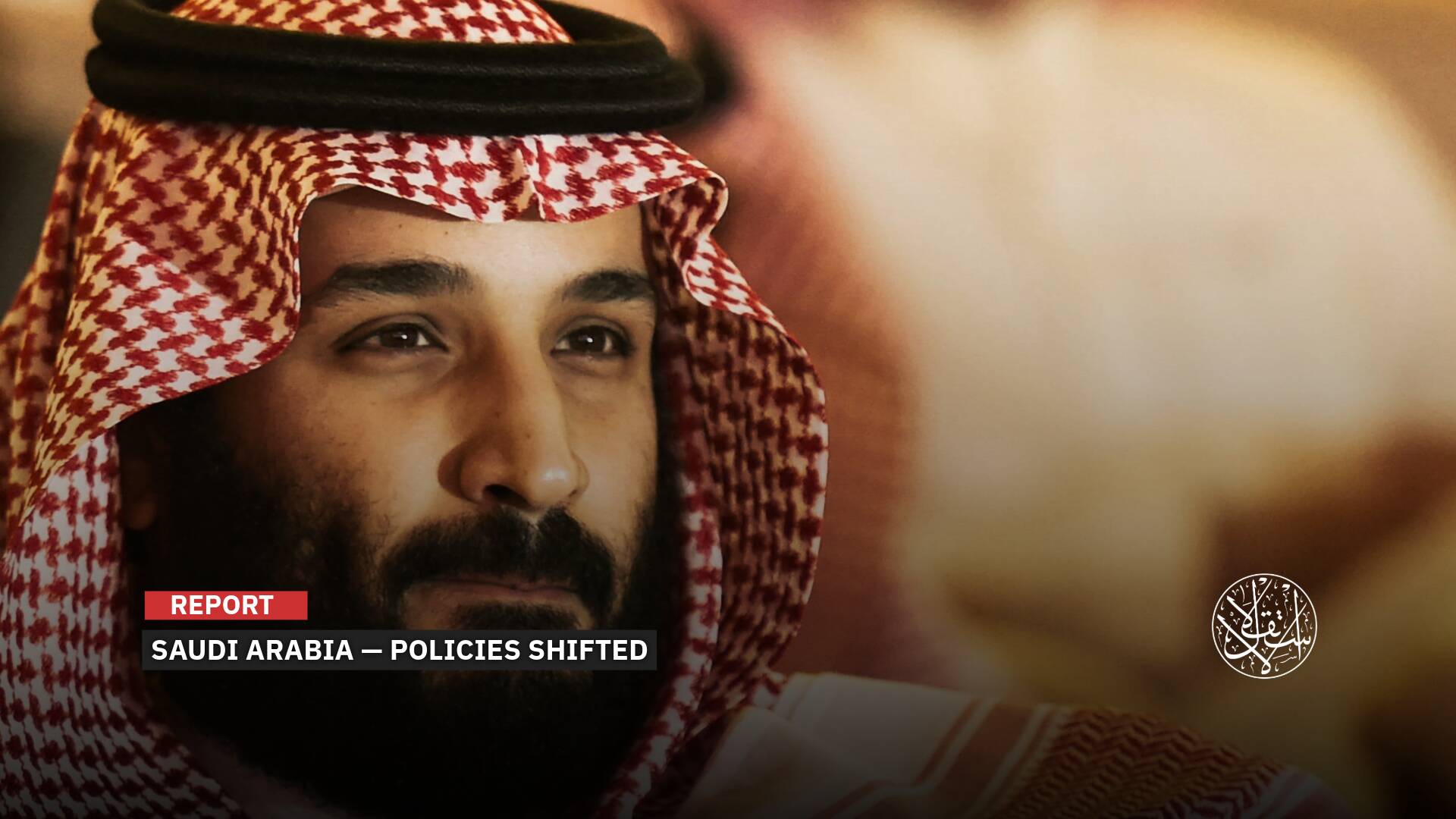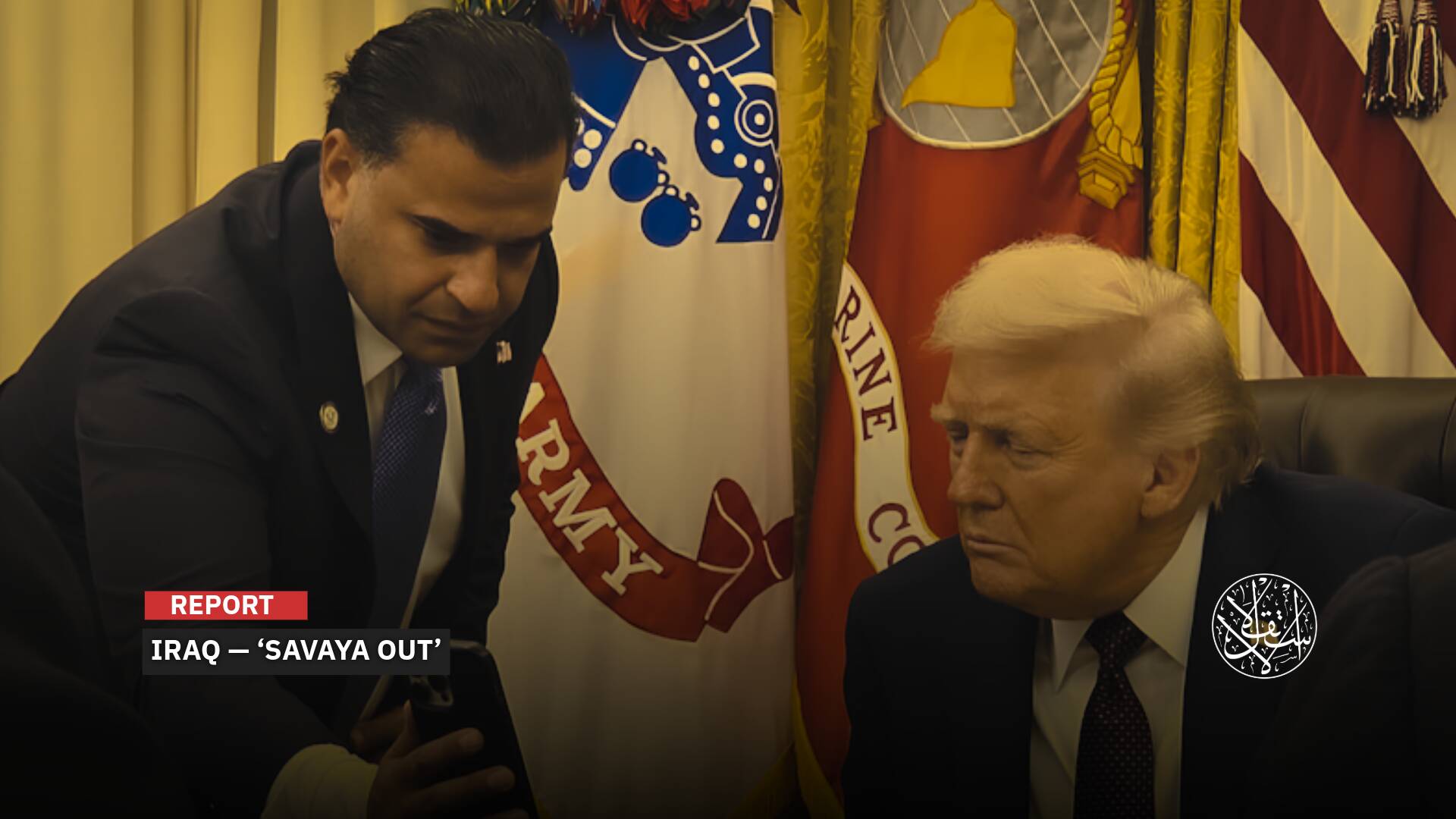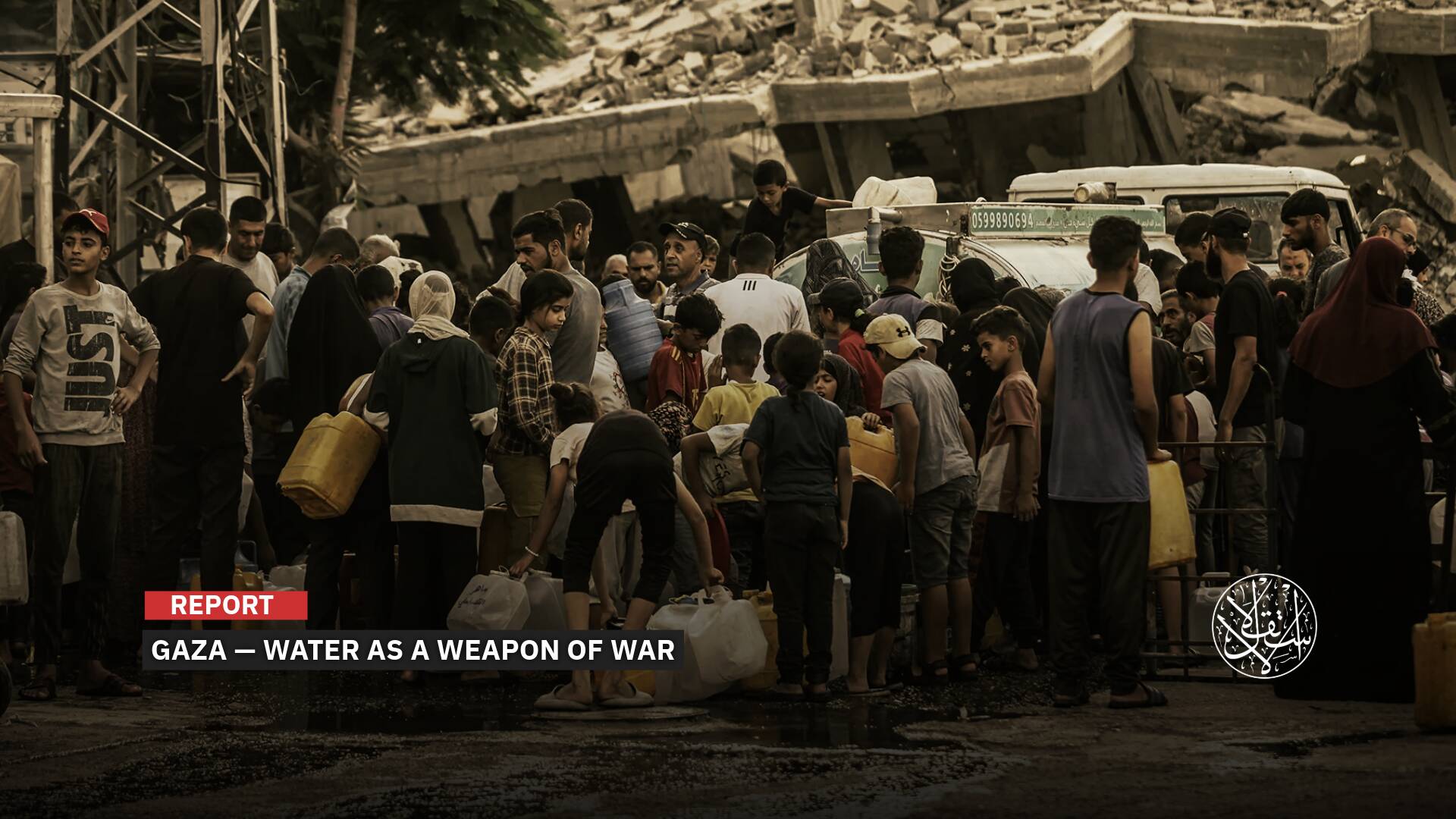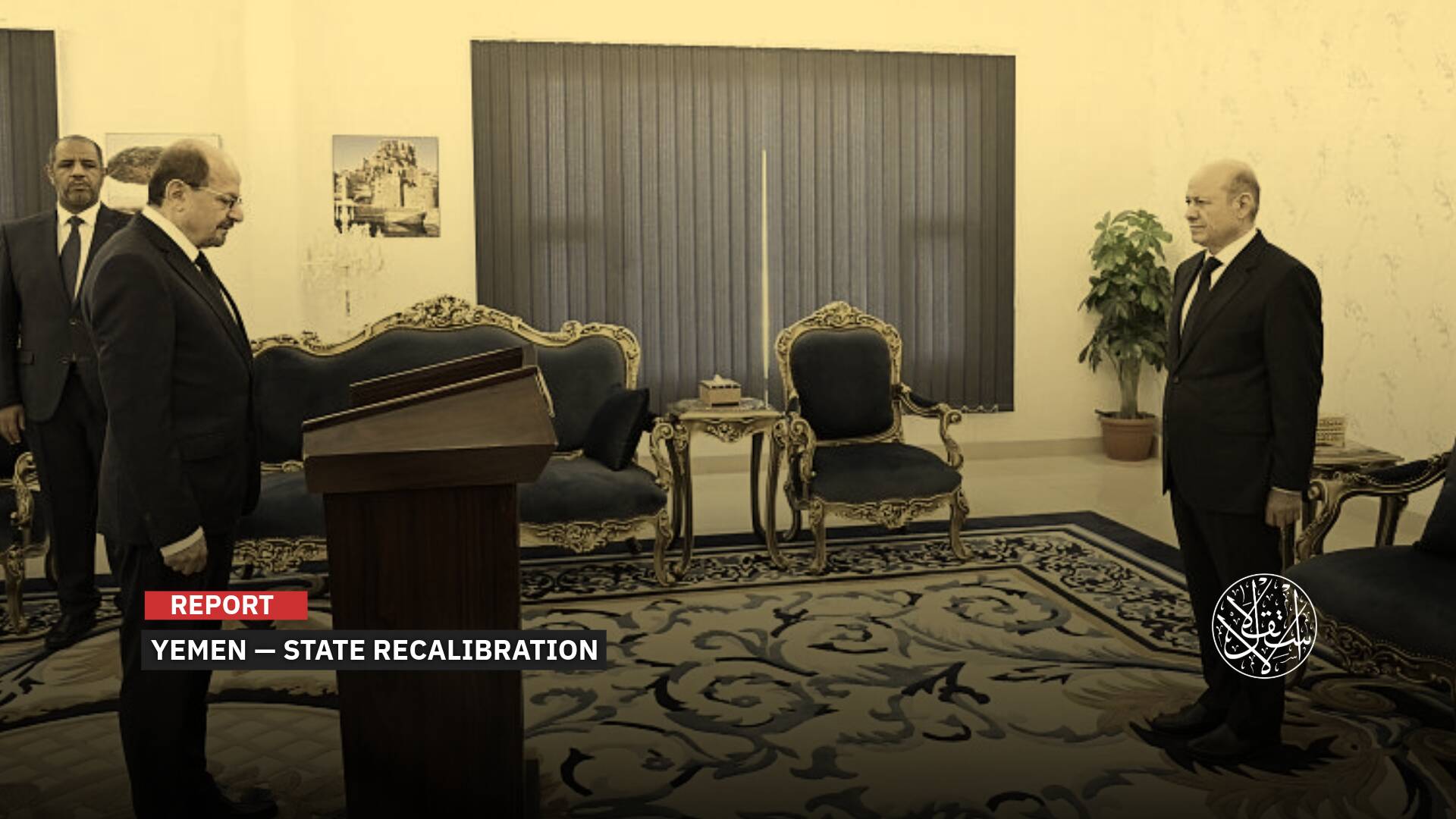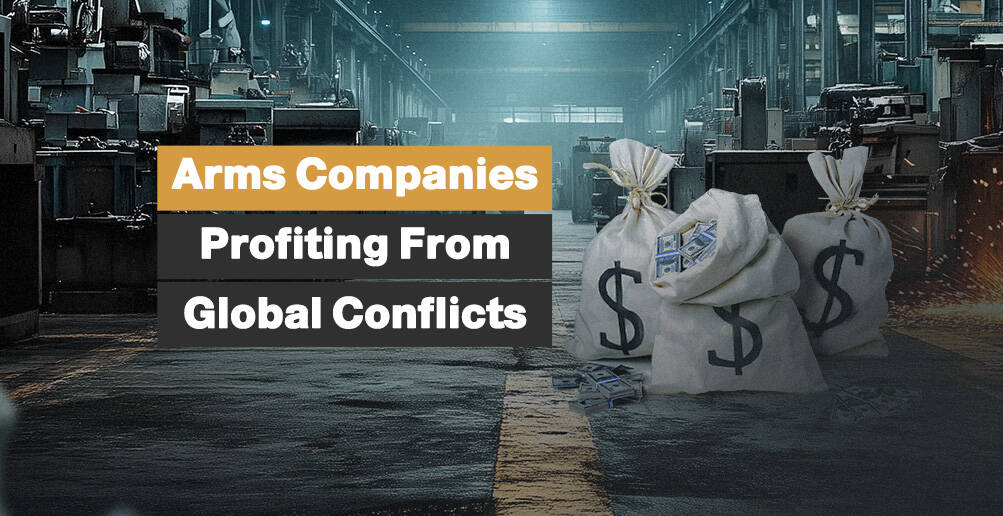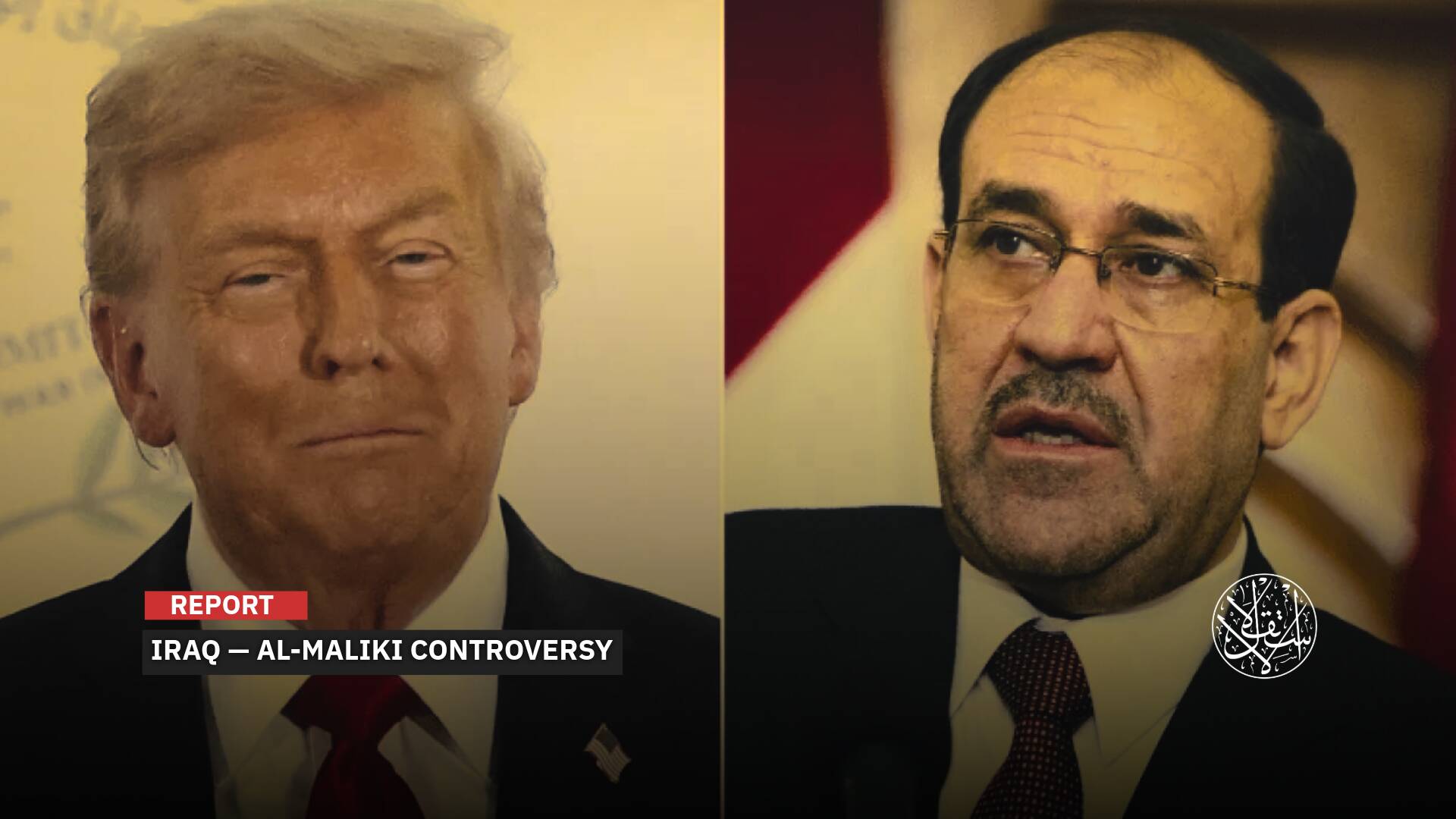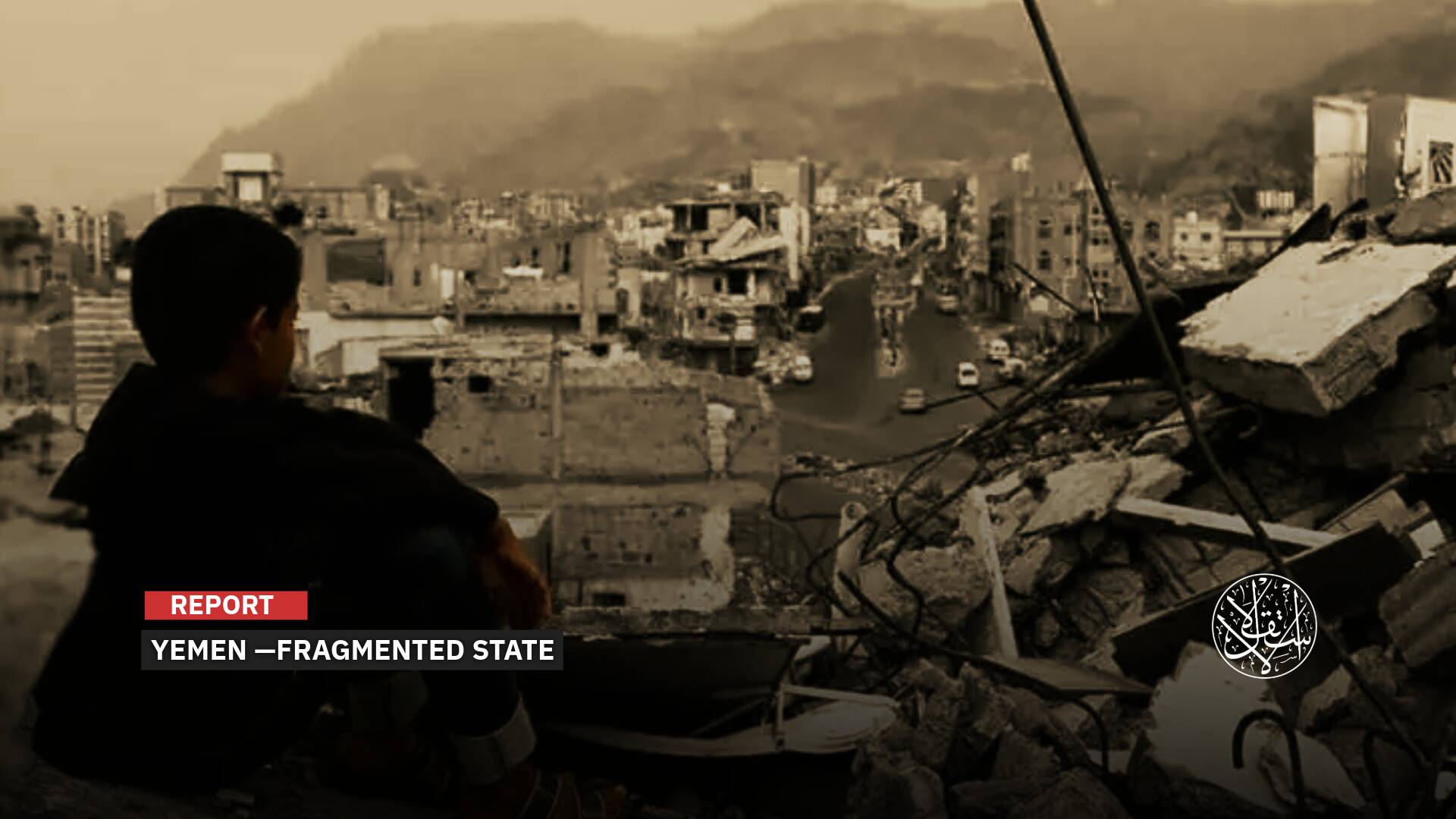What Are the Repercussions of the New Russian Escalation in Ukraine on the Global Economy?

The Russian President announced this morning the immediate “partial mobilization” of Russian citizens, a move that threatens to escalate his invasion of Ukraine after a series of defeats.
During his speech, Vladimir Putin warned to use “all the means at our disposal,” and even threatened nuclear retaliation against the West, if the “territorial integrity” of Russia is jeopardized saying, “It’s not a bluff.”
This mobilization means that all citizens could be called up and be subjected to conscription, including those with military experience. Putin added that he has already signed the necessary decree and it is now into effect.
The announcement sparked wide global reactions following fears of an escalation of the war in Ukraine.
Fed Third-Straight Big Hike
Following Russia’s threats to escalate its war disrupting global energy supplies, oil rubbed out gains shortly before a Federal Reserve meeting that is expected to confirm a continuation of measures to curb inflation.
The Federal Open Market Committee (FOMC) recalled that it is “highly attentive to inflation risks,” and the central bank also stated it “anticipates that ongoing increases in the target range will be appropriate,” and “is strongly committed to returning inflation to its 2% objective.”
Bloomberg said, “West Texas Intermediate fell below $84 a barrel Wednesday, reversing an earlier rally to above $86” after Vladimir Putin’s threats to bring more troops.
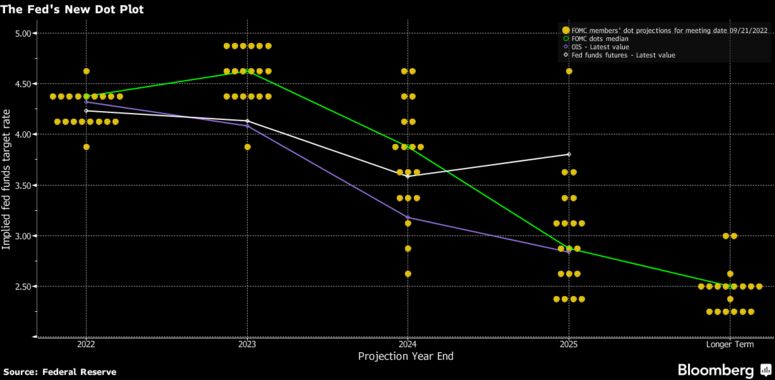
Interest rates were raised today by 75 basis points for the third consecutive time, and they would likely reach 4.6% in 2023 according to Federal Reserve officials, digging deep into the economic crisis to restrain inflation that reached its highest levels since the 1980s.
Putin’s move would deepen the economic recession and depress oil demand, and the signs are already showing.
According to an Energy Information Administration (EIA) report, the American crude stockpiles climbed by 1.14 million barrels last week, “while a measure of distillate demand, including diesel, fell to the lowest seasonal level in more than a decade.”
“Macro markets are definitely the elephant in the room right now with rates and the dollar really keeping a lid on crude rallies,” said Rebecca Babin, a senior energy trader at CIBC Private Wealth Management.
Immediate Effects
While stocks fell, safe havens such as the dollar rose after anxiety pushed investors to flee risk assets.
European currencies seemed to suffer from the scariest nightmare ever with “the euro dropping 0.4% to $0.9932 and sterling last down 0.3% at $1.1346, after having touched a new 37-year low at $1.1304,” Reuters read.
Hours after Putin’s comments, European equity markets pared losses, leaving the STOXX index with a gain of 0.4% on the day, propped up by a rally in oil and gas stocks, which responded to a jump in energy prices.
Reuters also said that “the dollar index, which measures the performance of the U.S. currency against six major peers, rose 0.32% to 110.52, having touched a fresh two-decade high of 110.87.”
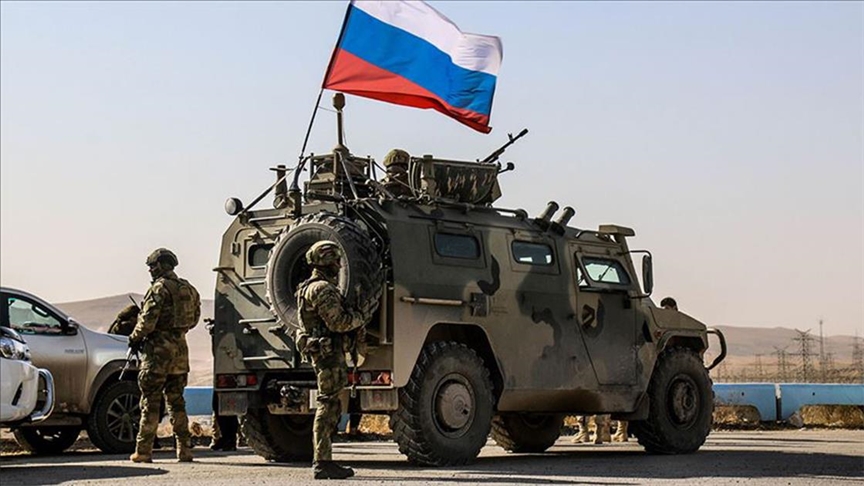
The MSCI All-World index of global shares decreased by 0.3% to record two-month lows, while gold, another traditional safe haven, got “0.5% to trade around $1,667.40 an ounce, set for its largest one-day rally in over a week,” according to the same source.
“Macro markets are definitely the elephant in the room right now with rates and the dollar really keeping a lid on crude rallies,” said Rebecca Babin, a senior energy trader at CIBC Private Wealth Management.
GDP Decline
The US Economist Intelligence Unit (EIU) expected a contraction of Russia’s GDP by 6.2% this year and 4.1% next year, which Agathe Demarais, director of global forecasts at EIU, considered “huge by historical and international standards.”
She told CNBC that “Russia knows it has no residual leverage in the energy war against Europe. In two or three years, the EU will get rid of its dependence on Russian gas.”
Holger Schmieding, chief economist at Berenberg Bank, stated that “the recent Ukrainian military gains could hit the Russian economy hard.
“Even more than before, the Russian economy appears poised to slip into a gradually deepening recession,” Schmieding said in a note last week.
“The increasing costs of a war that does not go well [Russian President Vladimir] Putin, the costs of suppressing domestic dissent, and the slow but detrimental effect of sanctions will likely cause the Russian economy to collapse faster than the Soviet Union did nearly 30 years ago.”
Despite Putin’s repeated claims that Russia’s economy is coping with Western sanctions, Russian First Deputy Prime Minister, Andrei Belousov, said last month that inflation will reach around 12-13% in 2022, well below earlier expectations made by global economists at the time in the previous year.
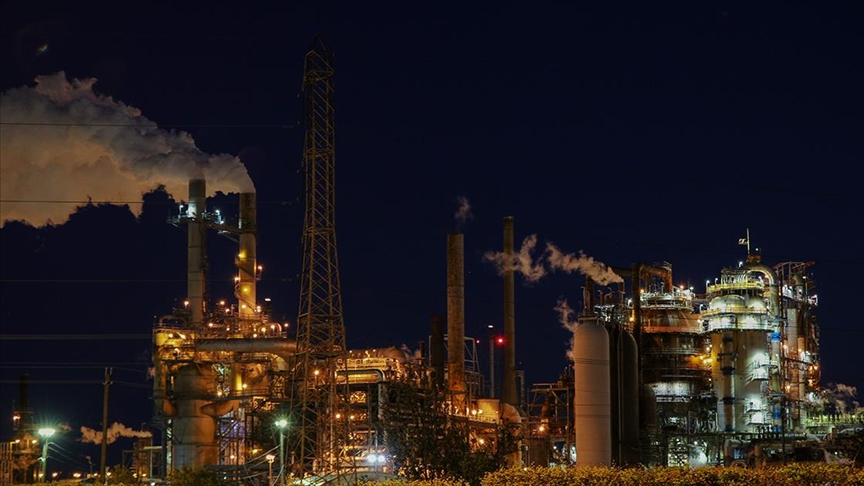
Sources
- GLOBAL MARKETS-Stocks fall, bonds and gold gain as Russia threats add to Fed jitters
- Fed Delivers Third-Straight Big Hike, Sees More Increases Ahead
- Oil Slips as Bearish Signals Compound Despite Putin’s Escalation
- Russia announces immediate 'partial mobilization' of citizens, escalating its invasion of Ukraine


